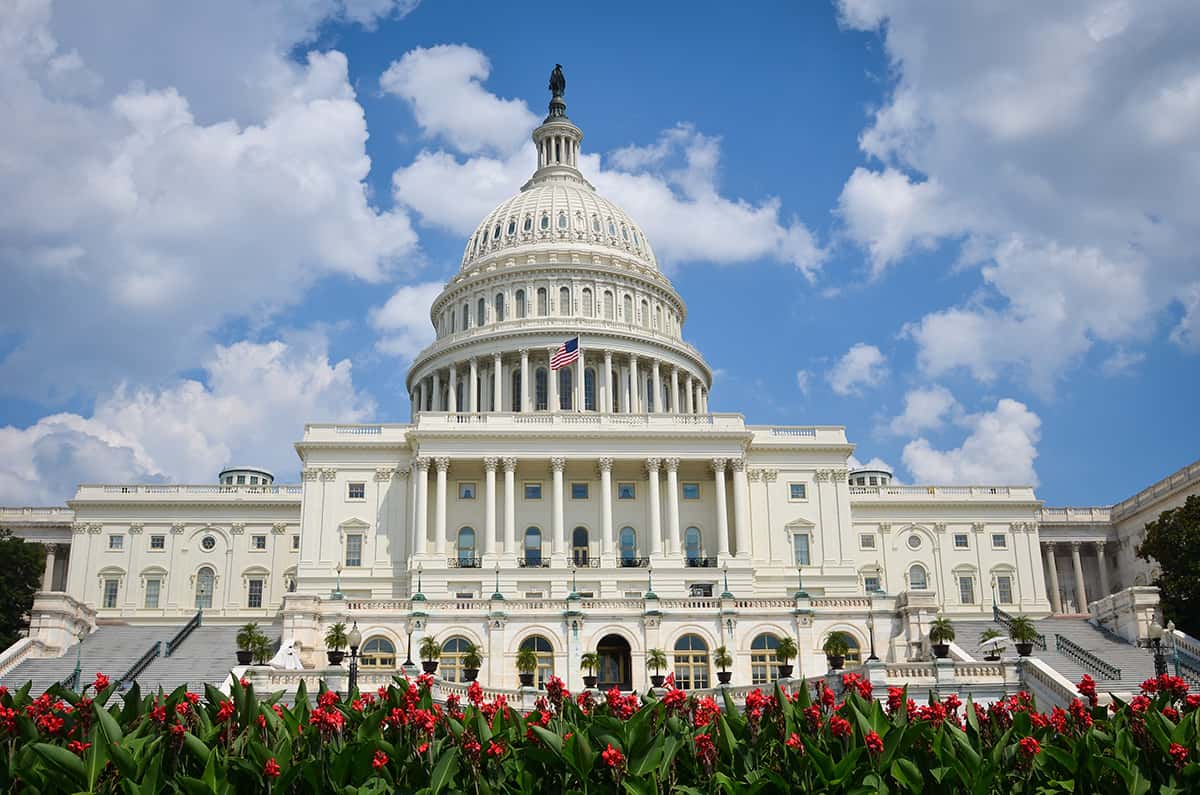In an age dominated by rapid technological advancements, data has become the new currency, reshaping the way we interact, communicate, and conduct business. In the United States, where I call home, the lack of comprehensive privacy laws has raised concerns about the protection of personal information and the potential for abuse by both private companies and government entities. As data breaches and privacy violations continue to make headlines, the need for a robust federal privacy law and a Digital Bill of Rights has become paramount.
Now I know what you're thinking...states have their own privacy laws. But for practitioners, therein lies the rub. California's privacy law (CCPA) is markedly different in both approach and language from New York's law (PPPL), making the state-by-state privacy law idea a bad one. While there are many things that work in a localized context, cyber-related law is not one of them since the internet does not have to respect state boundaries. A privacy law at the federal level would have a significant impact both on how seriously companies take cybersecurity in general, and on what consumers should actually respect and would have a right to demand from companies with whom they entrust their information. I think we need both a federal privacy law AND a digital bill of rights. And while congress has spent a lot of time worried about social issues, privacy is one issue that has long-term implications that people on both sides of the aisle can get behind.
Filling the Gaps in Current Laws:
The current state of privacy regulations in the US is fragmented, with various sectors and states having their own set of rules. This disjointed approach leaves consumers vulnerable, and companies burdened by a patchwork of compliance requirements. By implementing a comprehensive federal privacy law, the government can bridge the gaps in existing legislation, creating a unified and transparent framework that sets clear guidelines for data collection, usage, and protection.
Safeguarding Personal Data:
The ubiquitous nature of technology allows corporations and government agencies to collect vast amounts of personal data without explicit consent from individuals. A federal privacy law would empower consumers with greater control over their data, ensuring companies obtain informed consent and use data only for specific purposes. With more stringent privacy measures in place, individuals can enjoy enhanced protection from unauthorized access and misuse of their sensitive information.
Fostering Consumer Trust:
The erosion of consumer trust in the digital realm has far-reaching consequences for businesses and the economy at large. A federal privacy law would bolster trust in digital platforms and services, encouraging greater participation in the digital economy. When consumers feel confident about their privacy rights being respected, they are more likely to engage in online transactions, leading to economic growth and innovation. Now in the above statement, I'll be honest...the mistrust consumers have in companies to protect their data doesn't seem to have had a great effect on consumerism itself. People want stuff fast, cheap, and simplistically, but there is data out there to suggest that companies with a track record of breaches and privacy issues see fewer new customers than those considered trustworthy and secure.
Striking a Balance between Innovation and Privacy:
Critics argue that stringent privacy regulations stifle innovation and technological progress. However, a well-crafted federal privacy law can strike a balance by enabling innovation while safeguarding individual privacy. Companies must innovate responsibly, with an understanding that ethical data practices can drive customer loyalty and long-term success.
Tackling Surveillance and Government Overreach:
A Digital Bill of Rights would not only protect individuals from private corporations but also safeguard citizens from government surveillance and overreach, which is a real problem in countries outside of the US. The bill would define and protect fundamental digital rights, such as freedom of expression, privacy, and access to information. This ensures that government actions are proportionate and within the confines of the law, upholding the principles of democracy and preserving the rights and liberties of its citizens.
Surveillance in the digital age has undergone a significant transformation compared to the era before the internet. Traditional methods relied on physical means, limiting data collection and targeting specific individuals or locations. In contrast, the digital age has enabled widespread and automated data collection, monitoring individuals globally through online activities. Real-time analysis and the rise of big data have amplified surveillance capabilities. Moreover, the internet has introduced new challenges, such as anonymity and pseudonymity, impacting privacy concerns. Heightened public awareness now demands a balance between security needs and individual rights, necessitating transparent and ethical surveillance practices moving forward.
International Competitiveness:
In the global digital landscape, data privacy is a crucial factor that influences international trade and investment decisions. A robust federal privacy law can bolster the US's competitive advantage by demonstrating the country's commitment to protecting individual rights. It will also facilitate data transfers and collaborations with other nations, creating a level playing field for businesses in the international market.
Encouraging Responsible Data Use:
With a federal privacy law and Digital Bill of Rights in place, businesses will be incentivized to adopt responsible data practices. Companies will have a clear framework to follow, reducing the likelihood of unintentional data breaches or misuse. Responsible data handling can lead to better customer relationships and a positive brand image, enhancing the overall reputation of the business sector.
To be clear, these frameworks exist today - NIST, CIS, MITRE, NERC-CIP are all examples. But there is no law mandating the adoption of a framework for US companies that utilize or collect data from citizens. There is no requirement on the maintenance of risk registers, or quantification of risk. These weaknesses are what a national law could solve.
The absence of a comprehensive federal privacy law and Digital Bill of Rights in the United States leaves citizens vulnerable to data breaches, privacy violations, and unchecked government surveillance. The need for a unified and transparent framework has never been more critical in this era of technological advancements and data-driven decision-making. By adopting a federal privacy law and a Digital Bill of Rights, the US government can establish a forward-thinking approach to data privacy and digital rights protection. These measures will not only empower individuals with control over their data but also ensure responsible and ethical data practices from businesses and government entities alike. It is high time for the US to take the lead in safeguarding its citizens' digital future and setting a global example for data privacy and protection.
###


Streamlining Security in a Product Shop


The ’53-Man’ Roster for Security (Part 3 of 3)


The ’53-Man’ Roster for Security (Part 2 of 3)


The ’53-Man’ Roster for Security (Part 1 of 3)


Dear Congress, We need a privacy law.


